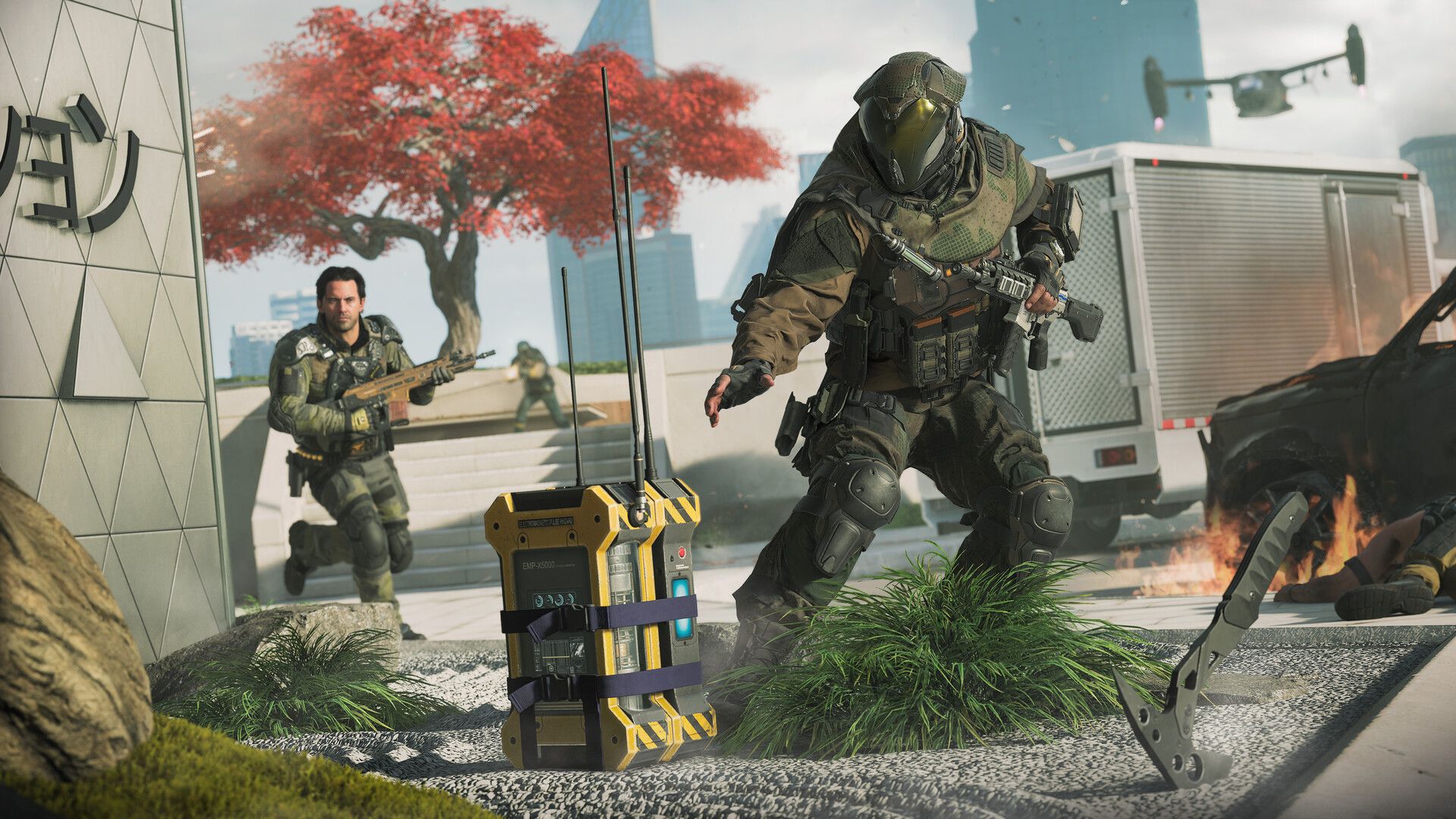URGENT UPDATE: The Call of Duty franchise is facing a critical moment as fans express growing fatigue over the repetitive releases of its flagship series, Black Ops and Modern Warfare. Following the lackluster launch of Black Ops 7, whispers are surfacing that 2026’s installment will be yet another Modern Warfare 4, igniting concerns about creative stagnation.
With a staggering 75% of the last eight Call of Duty games emerging from these two franchises since 2019, the pressure is mounting on Activision. Fans are feeling burnt out as the excitement surrounding these titles dwindles. The industry leader, known for its massive profits, now faces a pivotal decision: innovate or risk losing its loyal player base.
Despite past successes, including the critically acclaimed 2019 Modern Warfare and 2024 Black Ops 6, the decline in enthusiasm is palpable. Industry analysts note that both series dominated North American sales charts, but the recent trend suggests that relying solely on established franchises might not be sustainable. Players are clamoring for fresh experiences, not just rehashes of old titles.
Activision’s strategy of banking on Modern Warfare and Black Ops has proven financially lucrative, yet the company risks alienating core fans. If the response to the upcoming Modern Warfare 4 mirrors the lukewarm reception of Black Ops 7, the company’s cash cows might soon be in jeopardy.
“Players don’t like it when games rehash ideas or feel rushed,” said an industry expert. “The over-reliance on these two series highlights the urgent need for innovation.”
In a stark contrast, other titles like Call of Duty: Advanced Warfare and Warzone have showcased the franchise’s potential for innovation and creativity. Activision must reconsider its approach and diversify its offerings to maintain the excitement that once surrounded these beloved series.
As we look ahead, the gaming community is calling for a shift. Fans hope that Activision will take a bold step and explore new narratives and gameplay mechanics beyond the familiar realms of Modern Warfare and Black Ops. A failure to do so could result in a significant loss of goodwill and interest in the franchise.
The clock is ticking for Activision. As the gaming landscape evolves, they must adapt or risk being left behind. Players are eagerly waiting to see if the company will heed this call for change in its future releases.
In conclusion, the future of Call of Duty rests on the balance between profitability and creative engagement. Fans deserve more than just another iteration; they deserve a game that reignites their passion for the franchise. The next few years will be crucial for Activision to either rejuvenate its flagship series or face the consequences of player disillusionment.







































































